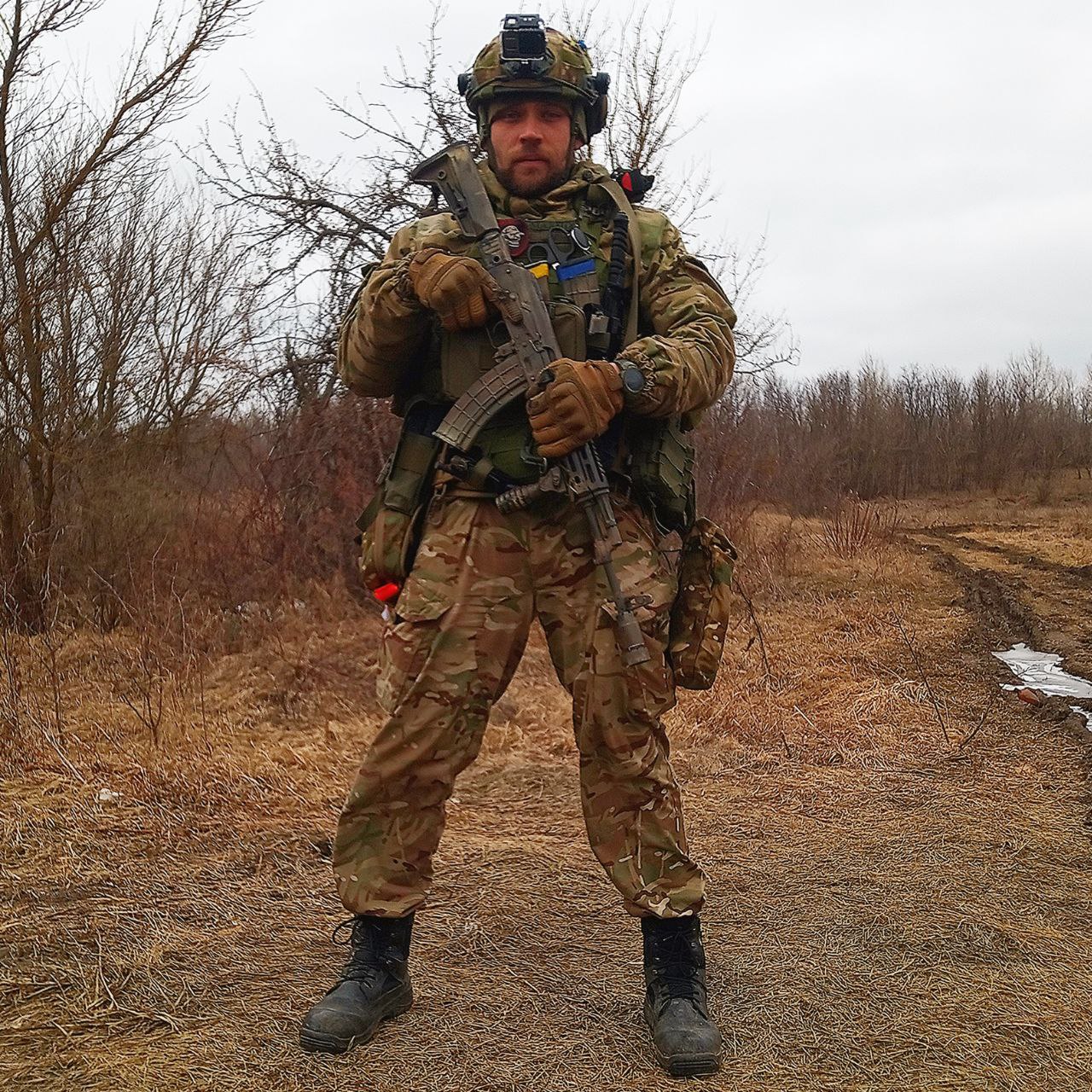
Karazin University Students on the Front Lines: Bogdan Tsapenko
Bogdan Tsapenko is a Karazin University alumnus who voluntarily returned to Ukraine on February 24th to defend his country and its independence.
Today, Bogdan serves in the ground forces on the Kharkiv front.
Karazin University is contributing to the support of Bogdan Tsapenko and his fellow soldiers.
Goal: 10,000 hryvnias.
Bank card number: 5375 4112 0936 0416
Tell me about yourself before the full-scale invasion? When and how did the war start for you?
As for my own experience before the full-scale invasion, I was in Poland. There on February 24th, I learned about the full-scale invasion. On the same day, I left for Ukraine. So, the war started for me in the morning of February 24th when I woke up. I learned from friends that a full-scale invasion had begun. I immediately decided to head to Ukraine and join the defense. I gathered my belongings, and it was difficult to leave. Buses and other forms of transportation from Poland to Ukraine were not allowed. I managed to leave and made my way to Ukraine with great difficulty.
You have enrolled in university this year with a major in "Secondary Education." Do you have the moral and physical ability to study?
If there is a desire, you can combine both. We try to balance our studies and continue our life on the front lines.
What was the key factor in your decision to join the military?
Well, you see, maybe it was my upbringing. I couldn't sit quietly in Poland while such things were happening in my country, especially when I had family there. I had to stand up for their defense. I couldn't just sit peacefully in Poland, although I could have stayed and continued working. But I couldn't allow myself to do that, not even morally. So, I decided to go and enlist in the military.
I serve in the ground forces, in a separate unit, specifically in a separate infantry battalion. We have been carrying out missions on the Kharkiv front for about a year and a half, which is currently the Kupiansk-Lyman direction. We are defending, so to speak, the Kharkiv region and standing on the front lines. In general, we perform the duties typical of military personnel. We defend. We are not an assault unit, but we also fulfill our tasks in defending our homeland.
At the moment, I hold the position of a company sergeant. I have my duties and responsibilities. But in the spirit of our unit, every serviceman must be capable of doing everything. Providing medical assistance at the level of a combat medic, and being proficient in all types of weapons we have.
It has been over 600 challenging days of full-scale war. What motivates you and gives you the strength to keep going and fighting?
Well, you see, the only thing that motivates me is that I am defending my loved ones. I have to continue doing that. Probably, that's the only motivation. Because when I start thinking about what is happening in our government, my motivation quickly disappears. When we go to rear cities and see how they replace normal pavement with more pavement, build roads, or embezzle money. At the same time, we see what is really happening on the front line, what we lack, why we have to pool our money for drones, vehicles, and their repairs. It's all a significant expense, and we practically do all of this with our own resources and the help of volunteers who haven't lost their motivation to assist.
When we see these things happening behind our backs, it saddens us a lot. And against this background, in my opinion, motivation to continue doing something, to continue defending, might completely disappear if things like this persist. And what's missing now is the way it was at the beginning when there were queues at the conscription offices. Everyone is so focused on their rights, but nobody remembers their duties. The duty of every male citizen of Ukraine iis to defend their homeland. This seems to be forgotten, and people start talking about their rights, that conscription is illegal, and so on. This also disturbs us because we've been without rotation for about a year and a half. Thank God there are some leaves and opportunities for rest for the guys. It's also very tough both mentally and physically to be on the front line. We also want some rest to be relieved and replaced so that we can recover, so to speak.
What value transformations have occurred within you during the war?
Well, you see, what has changed in my understanding is, for example, my attitude towards life. In the past, I would postpone things for later, thinking, "We'll do it later, we'll buy it later." Now, when you understand that every minute of life counts and that today you're here, but tomorrow you might not be, you begin to appreciate life more, the time you have. You start doing more for yourself and your loved ones, making those moments that you couldn't afford before.
What plans do you have for the future besides teaching?
Well, in terms of future plans, from a material standpoint, I'd like to build a house because my house was destroyed by the Russians. Due to their shelling, I no longer have a home, and neither do my close ones. I also want to make some contribution to the country's development. Somehow, I'd like to help in this regard. I'd like to assist, for example, with some foundation, to establish rehabilitation centers for war veterans. This will be much needed for us – psychological support after the war. We need more rehabilitation centers and involve more specialists in this. So that military personnel can reintegrate into society properly after the victory because it will be very tough for them. Civilians don't understand what it's like for a soldier who spent a year or two at war, how challenging it is to return to normal civilian life, so to speak. It's very difficult after what military personnel have experienced. That's why qualified assistance is needed for this. And I would very much like to take part in that, make a contribution to rehabilitation centers.
Can you provide some advice or guidance to Karazin University students and the broader community who will read this interview?
First and foremost, I'd like to address the male population. Don't be afraid. You need to go and defend your homeland because sooner or later, you'll have to do it. So, while there's still time, you should train. There are many courses on tactical and firearms training, as well as tactical medicine. I believe that everyone should know tactical medicine – how to provide urgent first aid, not just in a military context, but in civilian life as well.
And I can also say this: donate, help the army, respect the military, and assist them to the best of your ability in this regard. Don't stay on the sidelines of the war. The war is happening throughout the country, not just in a certain part of our country. It should be either you are at war or you are supporting the war effort. There's no other way. Once we win, you can focus on your own affairs and continue with your normal life.
One more thing I'd like to mention is regarding corruption. We need to start with ourselves in these matters. Starting with yourself means not trying to solve things with a bribe when you go to the hospital or engage in any other situation. It should be done the right way. It applies to issues of education and everything else as well. When people start with themselves, we will have less corruption, both at the grassroots level and at the top. That's about it.



.jpg)
.jpg)
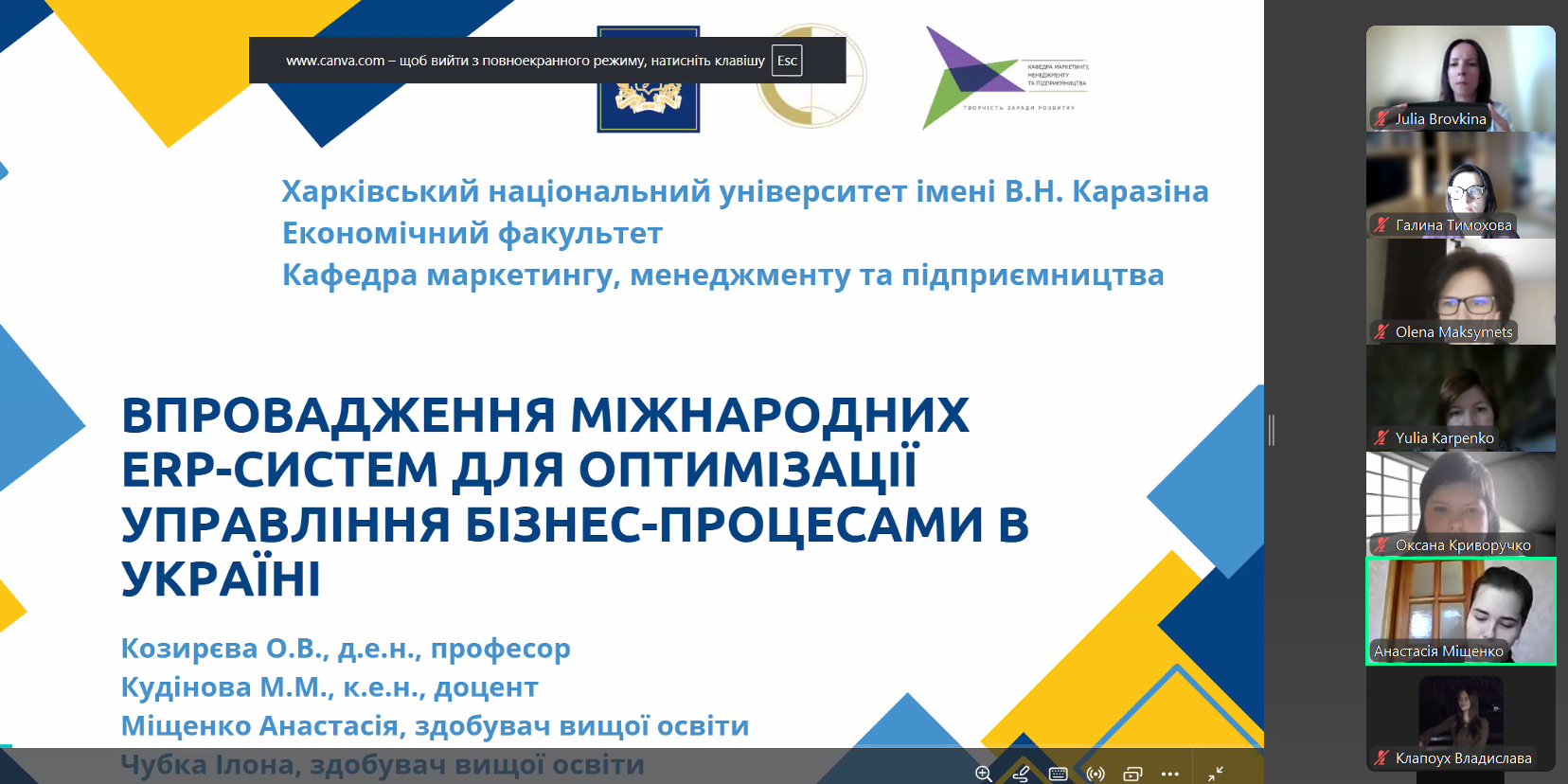
%2C%20%D0%BA%D0%BE%D0%BF%D1%96%D1%8F%20(950%20x%201500%20%D0%BF%D1%96%D0%BA%D1%81-)%20-%204%20(2).png)
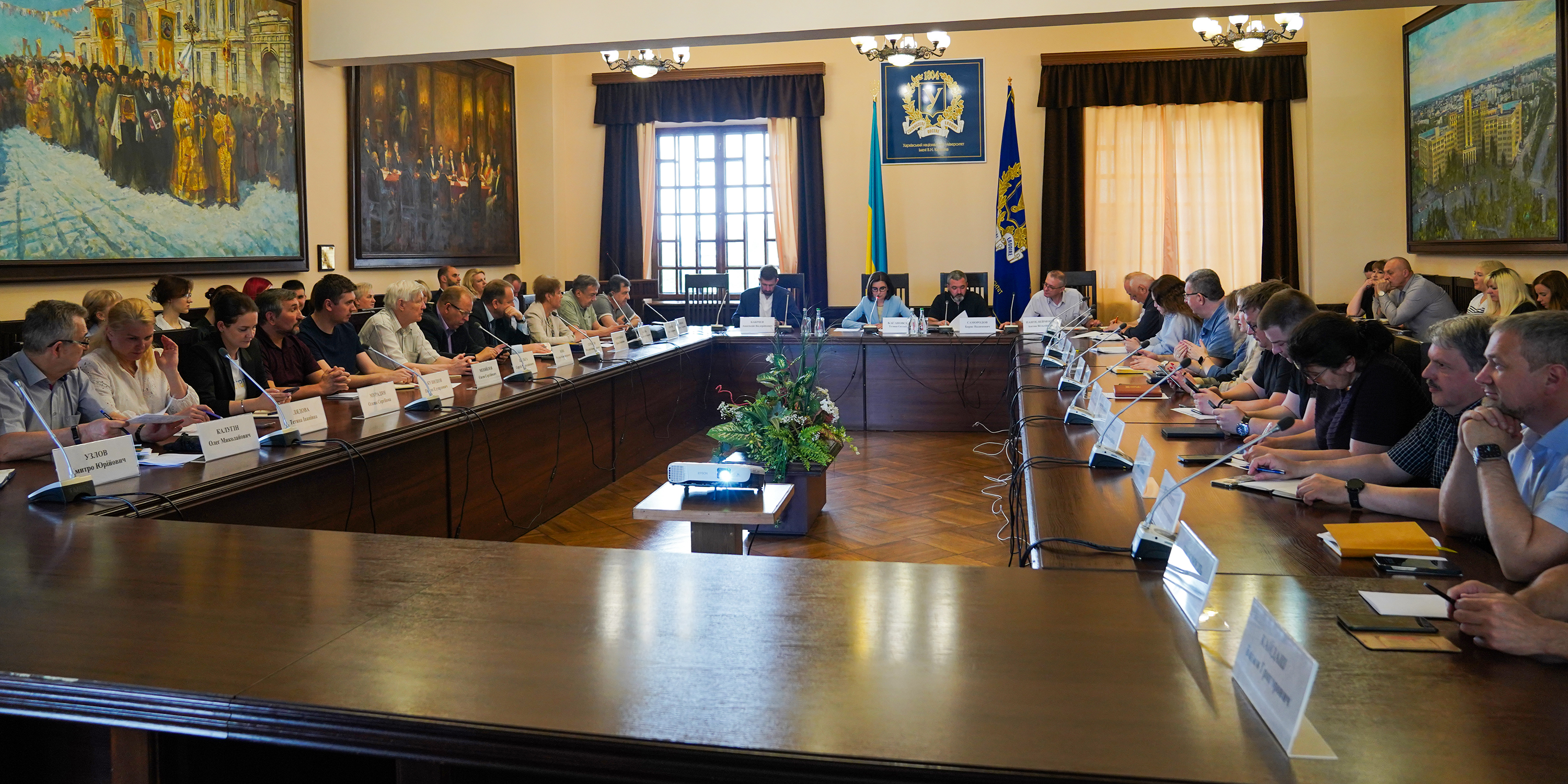
.jpg)
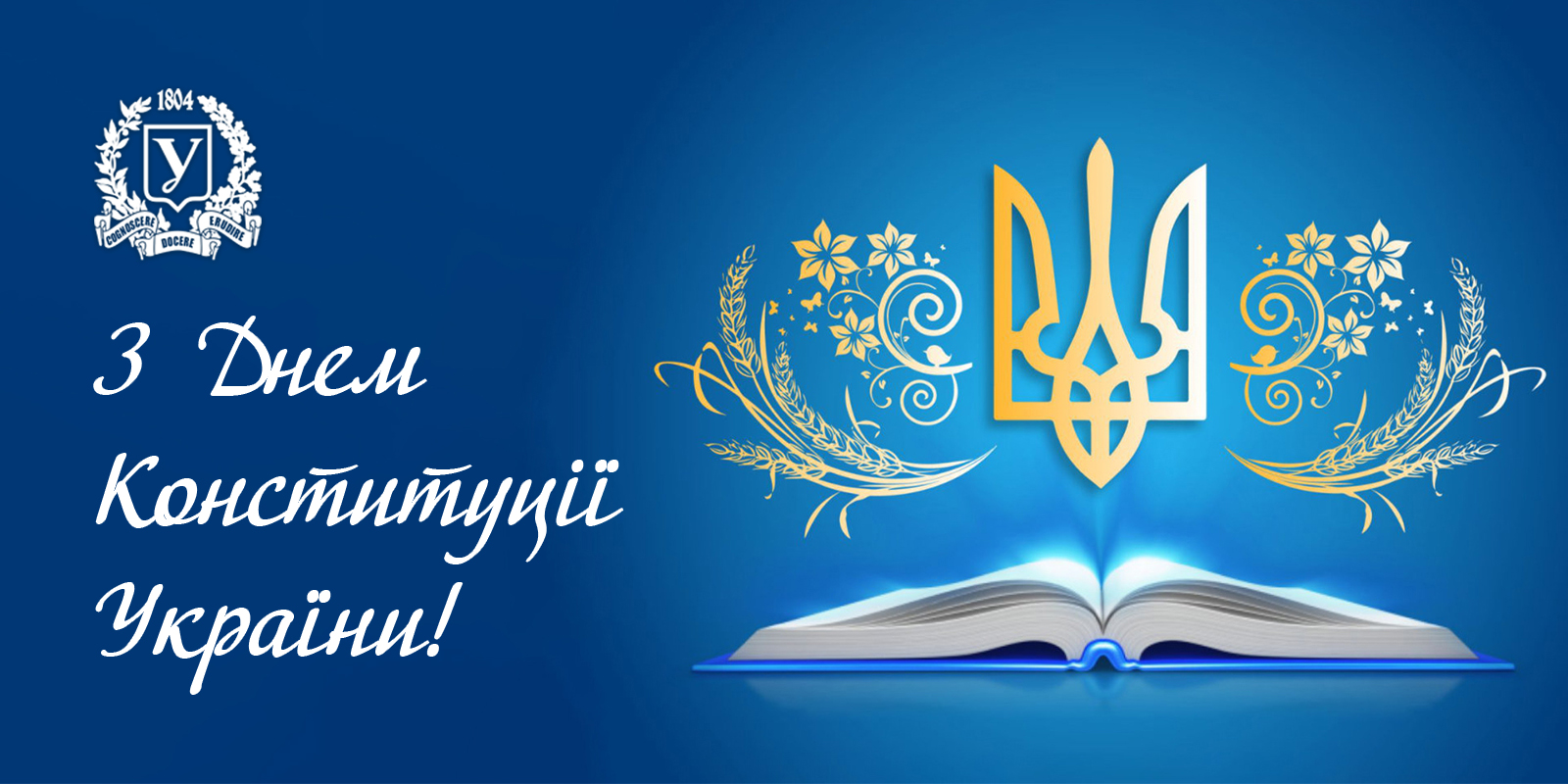
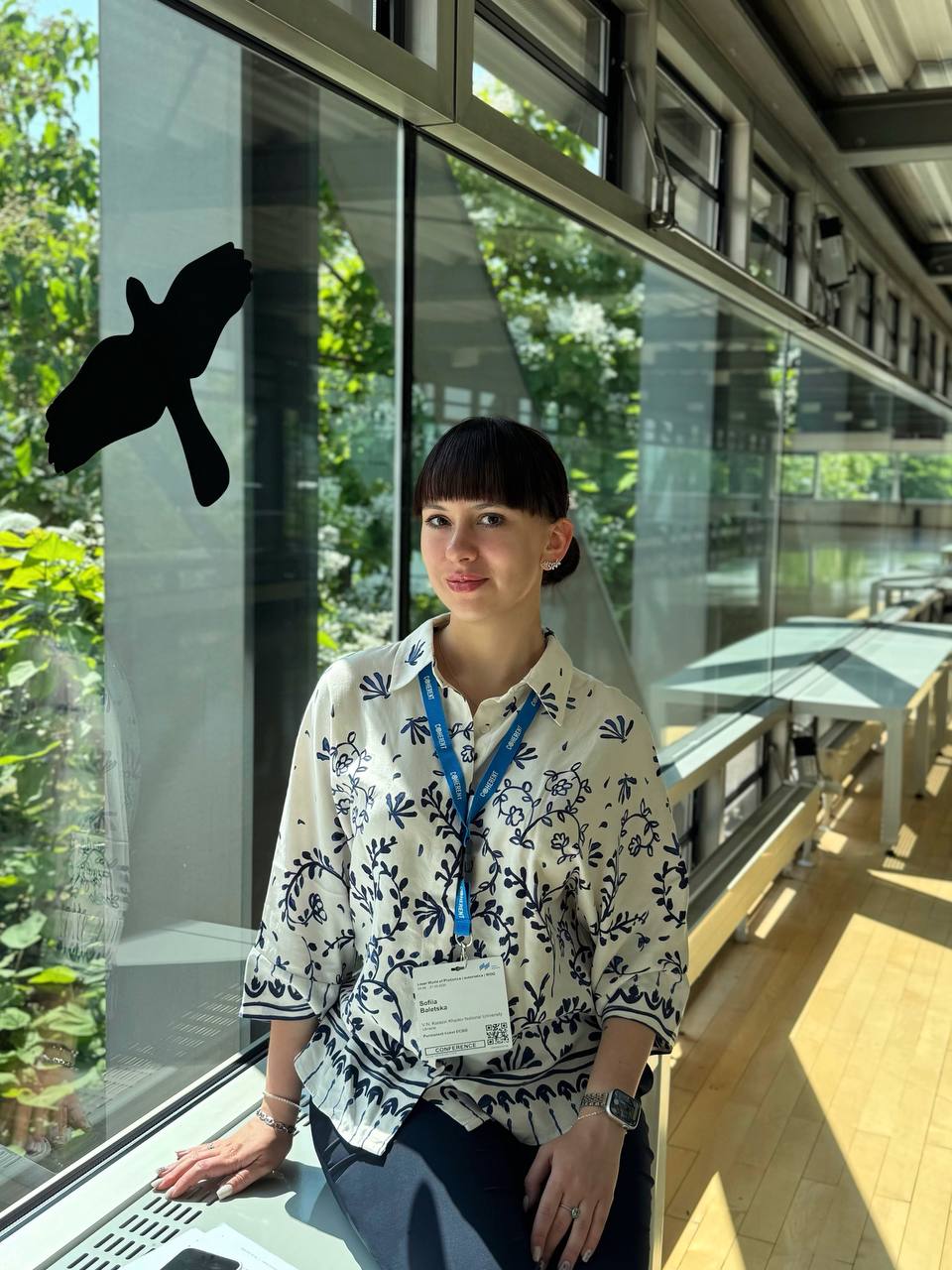
%20(1).jpg)
%20(1).jpg)